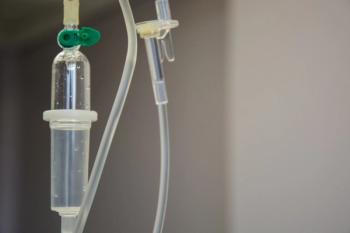
A reduced risk of individual symptoms associated with the condition was reported when patients were administered the therapy within 2 days of admittance.
John Parkinson is the assistant managing editor for Contagion. Prior to joining MJH Life Sciences in 2020, he has covered a variety of fields and markets including diabetes, oncology, ophthalmology, IT, travel, and local news. You can email him at jparkinson@mjhlifesciences.com.

A reduced risk of individual symptoms associated with the condition was reported when patients were administered the therapy within 2 days of admittance.

A National Institutes of Health (NIH) sponsored study reveals a need for more accurate screening in Black people and cisgender women.

In a phase 1 study, the investigational therapy known as cabotegravir ultra long-acting (CAB-ULA), showed positive pharmacokinetic, tolerability, and safety data supporting a prospective move to the next stage of clinical development.

A new study offers some clues into the pathophysiology and biomarkers of post-acute Sequelae of SARS-CoV-2 (PASC).
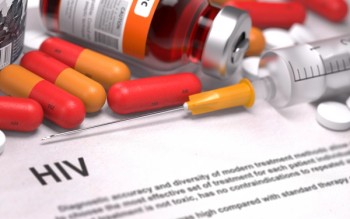
From the ongoing CROI meeting, the FDA approved antiretroviral was studied over a 2-year period and showed treatment benefit.
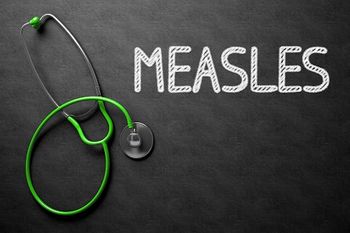
Reduced childhood immunizations because of personal beliefs and fears, and the quarantine's effect, along with a lack of knowledge about transmissibility and the seriousness of measles are causing unnecessary suffering and danger to people, especially in children.

With today's vote, the federal agency’s Advisory Committee on Immunization Practices (ACIP) is now recommending people 65 years of age and older get 1 more dose of the 2023-2024 formula of the COVID-19 vaccine.
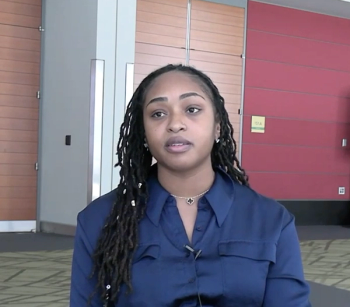
A new paper outlines how these variables can be connected to create situations where patients get less-than-optimal outcomes.

The new indication for bictegravir 50 mg/emtricitabine 200 mg/tenofovir alafenamide 25 mg tablets, B/F/TAF (Biktarvy) is for patients with suppressed viral loads, pre-existing resistance.

Shionogi’s investigational therapy, ensitrelvir, demonstrated a median time-to-symptom resolution of approximately 1 day shorter in the antiviral group versus placebo.

The federal agency did not request further trials for the investigational therapy, cefepime-taniborbactam, but wanted more information about its chemistry, manufacturing, and controls.

It affects a limited number of Dole-branded and private label salad kits, and no cases of illness associated with the Dole recall have been reported.

GSK’s bepirovirsen received this designation, and the company has its sights on the therapy potentially providing a functional cure for the millions of people around the world who are affected by this form of viral hepatitis.
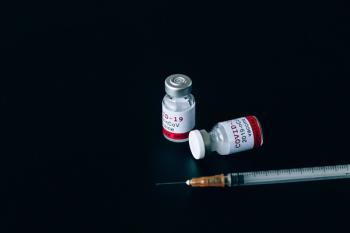
The self-amplifying mRNA vaccine, ARCT-154, had an extended response compared to the BNT162b2 vaccine and was approved in Japan back in November.

The outbreak has seen 2 deaths and 23 hospitalizations across 11 states.
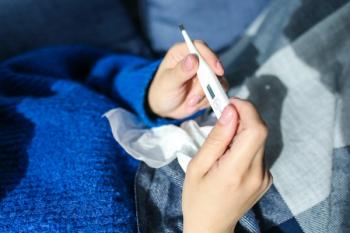
Phase 2 study for the investigational antiviral, ZSP1273 (onradivir), demonstrated safety and efficacy in reducing the time to resolution of symptoms in a multicenter trial.

The fungal infection includes 4 patients, but so far no deaths are associated with it.
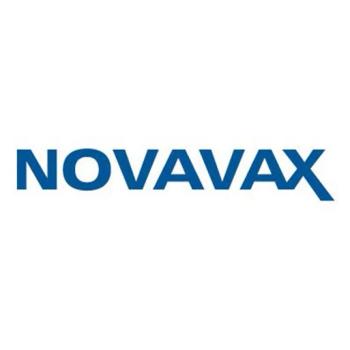
This news comes after the World Health Organization (WHO) recently granted the vaccine an emergency use listing (EUL), and continues to become available to more countries.

The latest data on sexually transmitted infections (STI) shows a large increase in syphilis incidence rates year-over year, where others were either flat or saw a slight decrease. The report also shows an ongoing rise of syphilis cases over the long-term.
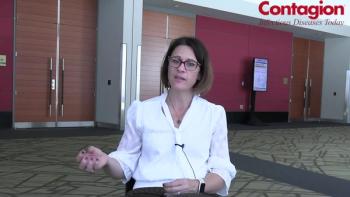
Investigators looked at potential risk factors as incidence rates changed over time after the introduction of COVID-19 and whether race and other variables affected the potential development of these infections.
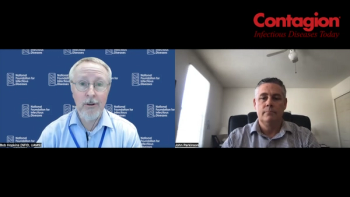
The National Foundation for Infectious Diseases (NFID) medical director weighs in on this year’s respiratory virus season and offers some strategies to prevent transmission.

With the addition of live biotherapeutic products, a provider offers some insights into delivery and treatment considerations.
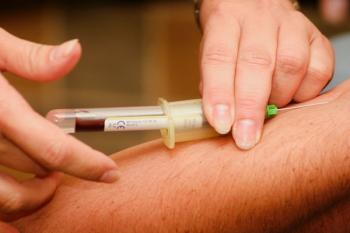
A small study offers some more information as to potential biomarkers for the ailment and may provide a better understanding of its path to potential treatments.
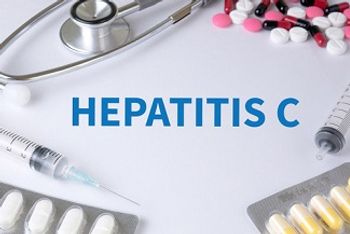
Atea Pharmaceuticals announced topline data from their phase 2 trial showing a higher than expected efficacy for the study.

How the development of antimicrobial stewardship programs can be an effective strategy for beginning to reduce this critical timing for patients in ICUs.

The city’s health department posted a statement on the recent events, and a new JAMA commentary from FDA leadership reminds the public that vaccine preventable diseases remain a health threat.
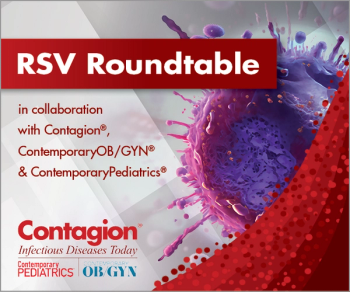
The panel discusses the importance of discussing the immunizations with patients now, as well as the value of them in future seasons.

A study used real-world CDC data to calculate the number of people who needed to be vaccinated to prevent both medical events in the greater community.

Biopharmaceutical company, Invivyd, made the request to the FDA for its investigational antibody, VYD222.

New and novel antimicrobials remain at a crossroads as the path to development and economic viability continue to be serious challenges. Our Editor-in-Chief weighs in on this topic and some of the other most significant ones from this past year.